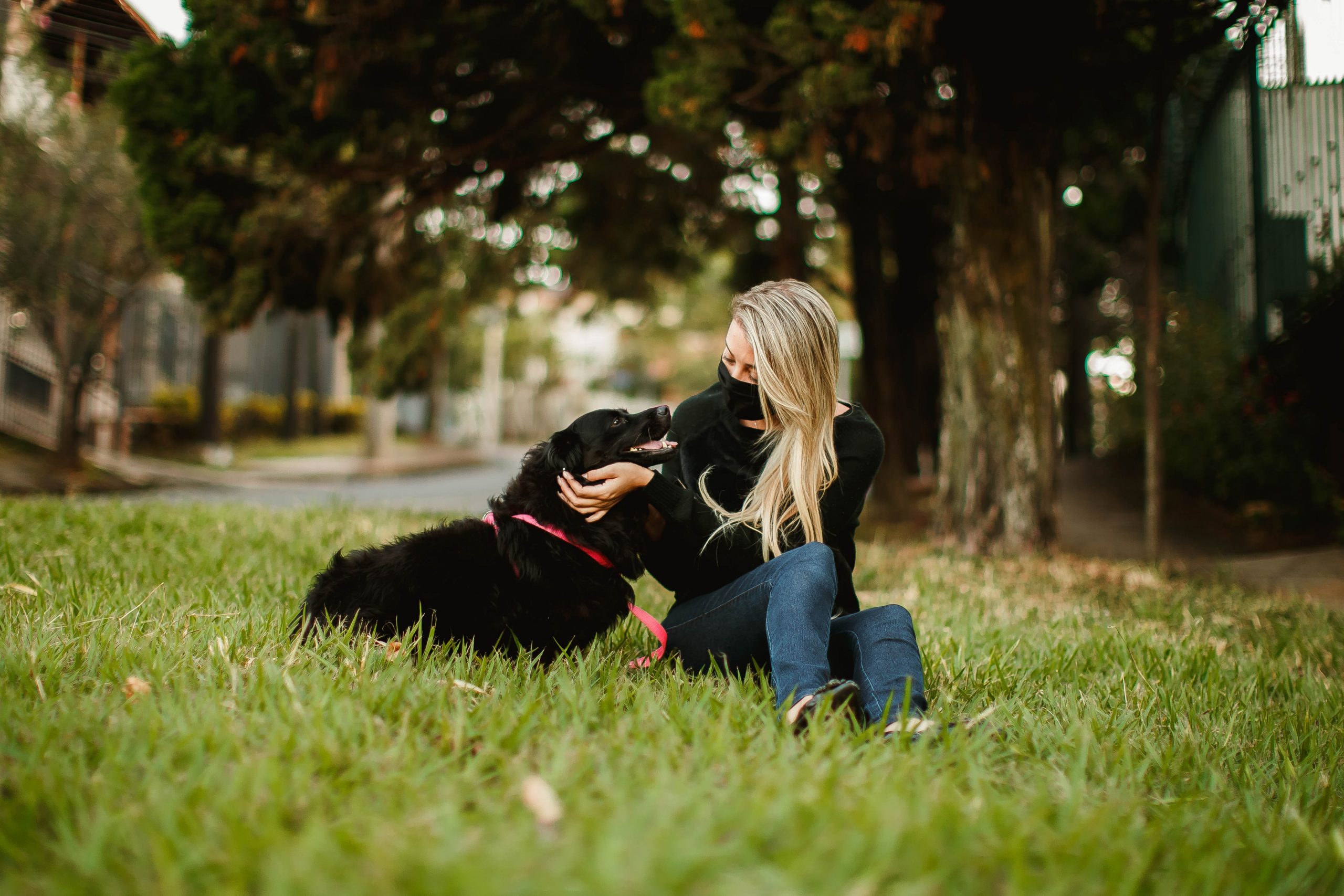Dogs: our best friends, companions, confidants, and everything in between.
There’s good reason for our unspoken connection to our furry friends, although many naysayers claim it’s mostly rooted in emotion and classical conditioning.
“Well of course your dog loves you. You’re the one who gives him food,” they say.
The problem with that logic is that it fails to acknowledge all the not-so-lovable characteristics dog owners (and humans in general) often have. Our beloved canines tend to turn a blind eye to our blatant and numerous shortcomings.
Who else would forgive you for being the slob you are when you drop your dinner crumbs on the floor for them to pick up? Who else could you trust to completely refrain from judgment when you spend an entire Saturday in bed binge watching the latest Netflix series instead of making good on your public Facebook commitment to attend a weekly yoga class?
Dogs. Anyone who has spent even a small amount of time with dogs knows that their love seems unconditional, but is there any hard data to back up that claim?
I mean, we already know our dogs love us regardless of what any literature might say, but for those of you that want some cold hard facts to legitimize your claim, this article is for you.
Their behavior says it all

They say sometimes the truth is often right in front of your eyes. That couldn’t be any more correct as it pertains to dogs loving their owners.
Studies have shown that dogs do indeed respond to voices and expressions unique to their favorite human. Simply put, your dog can interpret and empathize with the look on your face and the tone of your voice. You might observe true guilt when Fido notices the disappointed look on your face when you discover the destruction he inflicted on your favorite slippers.
And, as it turns out, that cute baby-talk voice we do with our pups can evoke certain positive canine behaviors and strengthen our bond. So next time your friends make fun of you for your enthusiastic and higher-pitched praise of your “goodest little puppy!”, tell them it’s scientifically backed, thank-you-very-much.
It’s all in the chemicals

It’s well known in the scientific community that human and animal brains work in a similar fashion when interpreting our environments.
Whether we are running from a potential predator or expressing love, our brains respond by producing certain chemicals. The chemical most associated with love and affection is called oxytocin. Oxytocin plays a huge role in social bonding in a variety of contexts — between parents and children, romantic partners, or, yes, dogs and their owners.
When examined under an MRI, dogs’ brains show increased levels of oxytocin as they gaze into their owners’ eyes. Not only do dogs get a rush of this love-infused chemical when they admire us, but we do as well when we look back at them. But you already knew that.
Love Stinks

Dogs rely on their sophisticated sense of smell to do more than find your freshly worn socks or a weak spot in the pantry’s armor. They also use it to relish in their love for you!
When a dog gets a whiff of his owner, the part of the brain associated with reward and pleasure lights up. Researchers have observed differences in canines’ caudate nuclei when sniffing their own favorite humans versus a stranger or another dog. Turns out a dog’s brain lights up the most when presented with his or her owner’s scent.
So… does my dog love me?
We will keep this simple. Yes! You probably didn’t have to scour the internet to know that, but sometimes it’s nice to reinforce the simple truths.
Humans and dogs have had a long history of bonding, and even though the research shows our furry friends love us back, there is probably a lot more to the story than an MRI can show. Let’s just assume your dog will love you just as much as you love him or her. We all know that amount is endless!


